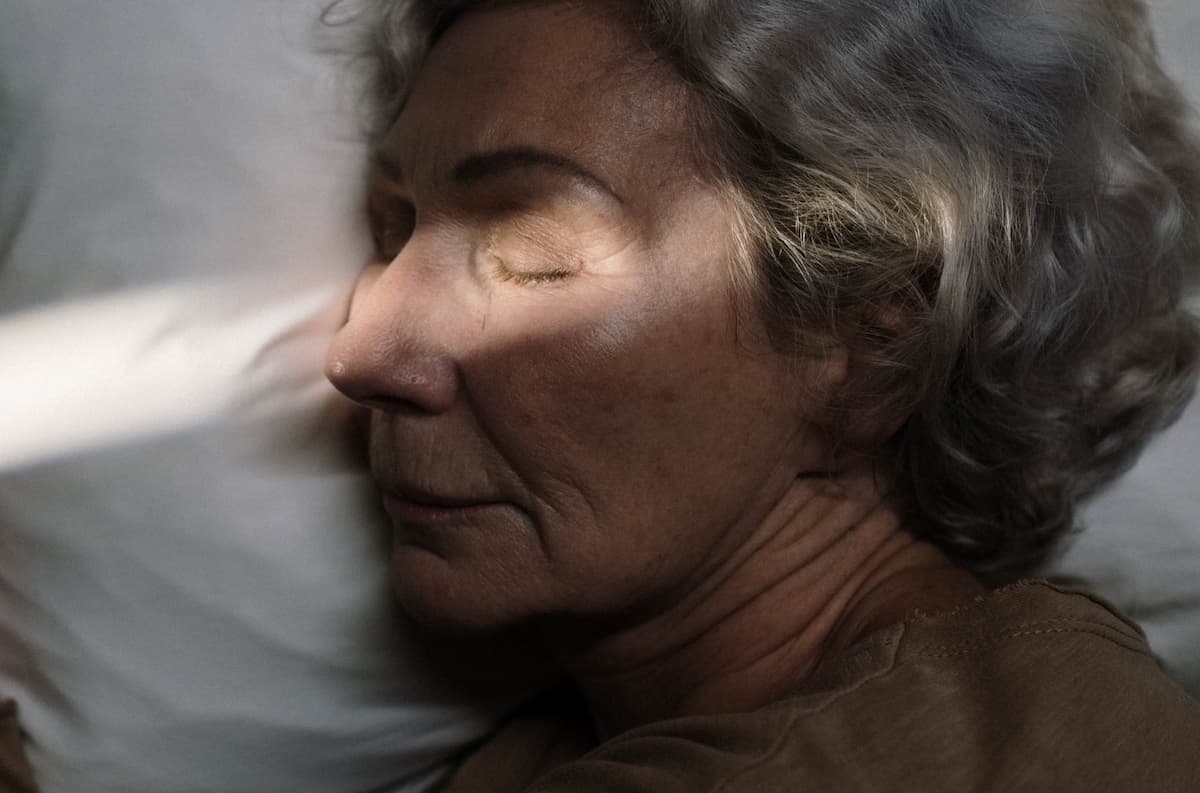Sleep pattern lowered levels of an antioxidant that helps fight cellular damage, such as that caused by Alzheimer’s.
Sleep disruptions similar to jet lag could cause memory problems linked to Alzheimer’s disease, research finds.
It’s well-known by scientists that there’s a link between Alzheimer’s and sleep, but not what causes what.
Professor Gregory Brewer, who led the research, said:
“The issue is whether poor sleep accelerates the development of Alzheimer’s disease or vice versa.
It’s a chicken-or-egg dilemma, but our research points to disruption of sleep as the accelerator of memory loss.”
The research gave jet-lag to mice that had been genetically engineered to suffer from Alzheimer’s.
They did this by moving the dark period every three days to a different time — which is what causes jet-lag.
The jet-lagged mice had lower levels of an antioxidant that helps fight cellular damage, such as that caused by Alzheimer’s.
This suggests it could be poor sleep that is contributing to the risk of developing Alzheimer’s disease.
Professor Brewer said:
“This study suggests that clinicians and caregivers should add good sleep habits to regular exercise and a healthy diet to maximize good memory.”
Dementia and sleep
Many other studies have found a link between dementia and sleep.
People who sleep for too little or too long are at a higher risk of cognitive decline and dementia.
Indeed, people who sleep more than 9 hours a night have double the risk of developing dementia, one study found.
However, those who sleep for between 5.5 and 7.5 hours per night do not see declines in their cognitive health, even when suffering the early effects of Alzheimer’s disease.
Those sleeping longer also have lower brain volumes.
Also, getting less REM sleep — the phase in which we dream — is linked to dementia.
During sleep the brain cycles between periods of deep sleep and then up towards shallower periods of sleep in which we tend to dream, whether we remember those dreams or not.
During REM sleep the eyes move rapidly from side-to-side (hence Rapid Eye Movement Sleep).
Sleep apnea has also been linked to developing Alzheimer’s disease.
The most common signs of sleep apnea, which affects 30 percent of older people, include:
- Loud snoring,
- gasping for air during sleep,
- breathing stopping for brief periods during the night,
- morning headache,
- and daytime sleepiness and irritability.
The study was published in the Journal of Alzheimer’s Disease (Brewer et al., 2015).

